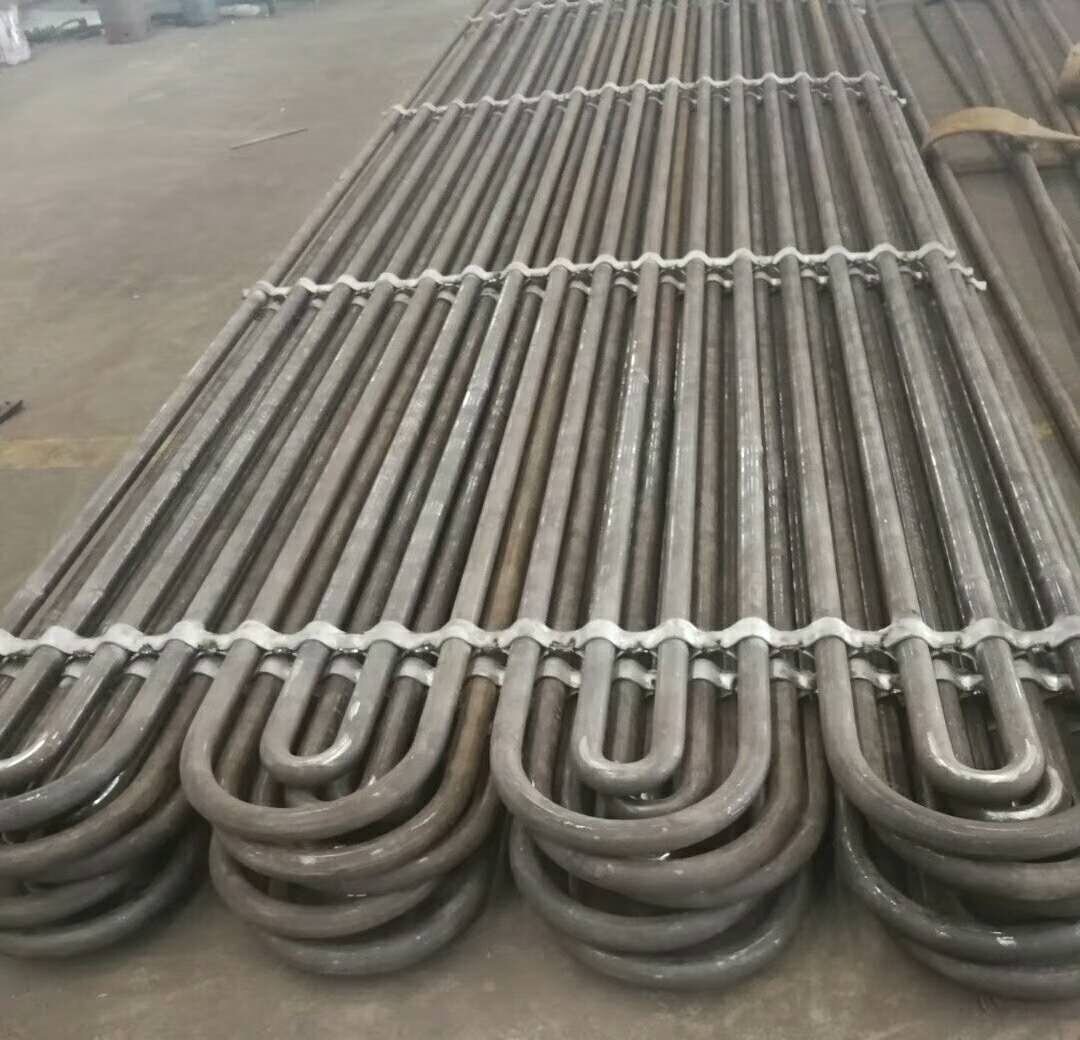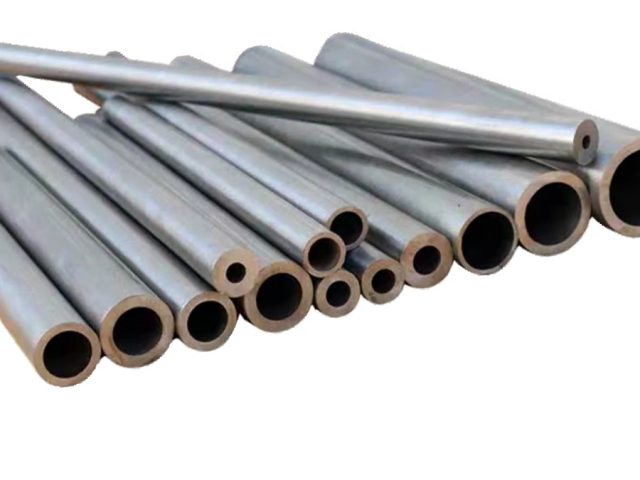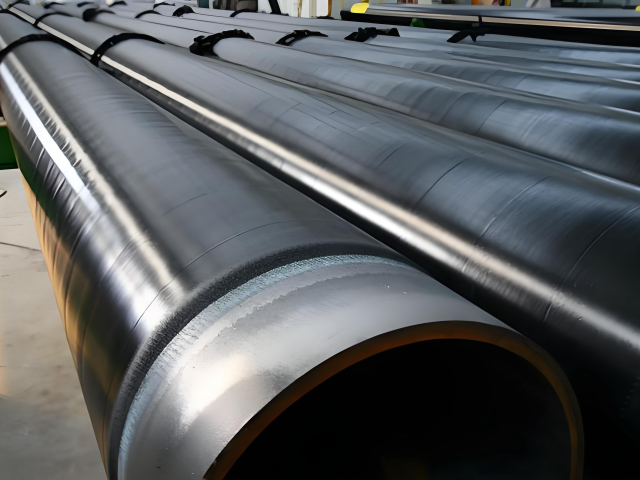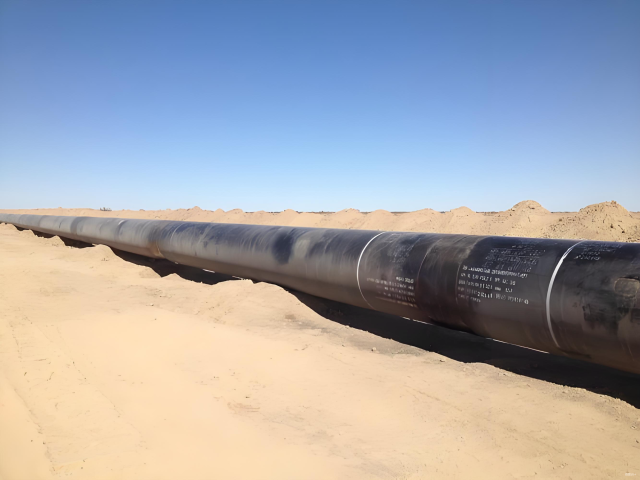Heat Exchanger Pipe Material Selection Based on Common Criteria

Selecting the right material for the pipes in a heat exchanger is crucial for ensuring the system’s efficiency, longevity, and safety. The choice of material impacts not only the heat transfer capabilities but also the durability and maintenance requirements of the heat exchanger. Here are some common criteria to consider when selecting pipe materials for heat exchangers:
1. Corrosion Resistance
Corrosion is a major concern in heat exchangers, especially when dealing with aggressive fluids or environments. The material must be able to withstand the chemical nature of the fluids to prevent degradation over time.
- Stainless Steel: Known for its excellent corrosion resistance, especially in environments with high humidity or exposure to chemicals.
- Titanium: Offers superior resistance to corrosion, particularly in seawater applications.
- Copper Alloys: Provide good resistance to corrosion and are often used in HVAC applications.
2. Thermal Conductivity
The material’s ability to conduct heat directly affects the efficiency of the heat exchanger. High thermal conductivity materials facilitate better heat transfer.
- Copper: Known for its high thermal conductivity, making it ideal for applications where efficient heat transfer is critical.
- Aluminum: Offers good thermal conductivity and is lightweight, though less durable than copper.
3. Mechanical Strength
The material must withstand the operating pressures and temperatures without deforming or failing. This includes resistance to thermal expansion and contraction.
- Carbon Steel: Offers good mechanical strength and is cost-effective, but may require protective coatings to prevent corrosion.
- Nickel Alloys: Provide excellent strength and are suitable for high-temperature applications.
4. Cost and Availability
Budget constraints often play a significant role in material selection. The material should be cost-effective and readily available to ensure timely construction and maintenance.
- Carbon Steel: Generally more affordable and widely available, making it a popular choice for many industrial applications.
- Stainless Steel: More expensive than carbon steel but offers better corrosion resistance and longevity.
5. Ease of Fabrication
The material should be easy to work with in terms of welding, bending, and forming. This affects the manufacturing process and the ability to customize the heat exchanger design.
- Copper: Easily fabricated and joined, making it a versatile choice for complex designs.
- Aluminum: Lightweight and easy to form, though it requires careful handling to avoid damage.
6. Compatibility with Fluids
The material must be compatible with the fluids it will contact to prevent reactions that could lead to fouling or degradation.
- Stainless Steel: Compatible with a wide range of fluids, including those that are mildly acidic or alkaline.
- Titanium: Highly resistant to a variety of chemicals, making it suitable for specialized applications.
7. Regulatory and Environmental Considerations
Certain applications may have regulatory requirements that dictate material choices, especially in food processing or pharmaceutical industries where hygiene is critical.
- Stainless Steel: Often required in food and pharmaceutical applications due to its non-reactive nature and ease of cleaning.
- Copper: Used in potable water systems due to its antimicrobial properties.




